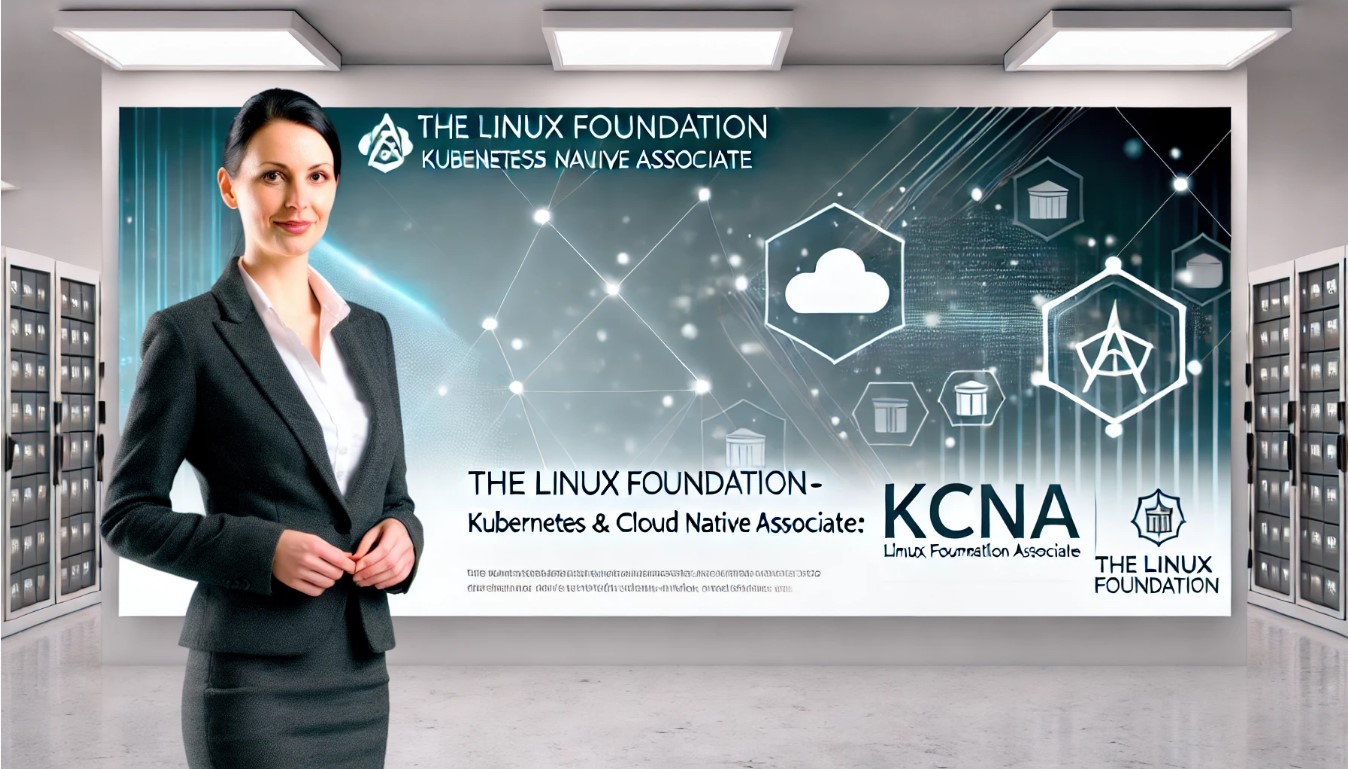All Content for $99 / INR 7,999
Offer valid for the next 3 days.

The Linux Foundation Certified Cloud Technician (LFCT) certification is designed for professionals seeking to demonstrate their expertise in the rapidly evolving landscape of cloud technologies. This certification validates the ability to proficiently work with a wide array of tools and technologies that form the backbone of modern cloud infrastructure.
LFCT holders are recognized for their skills and abilities in the following areas:
By acquiring the LFCT certification, individuals position themselves as valuable assets within their organizations, capable of handling sophisticated cloud-based infrastructures and promoting a culture of technological advancement and efficiency.
The LFCT certification is tailored for a diverse range of professionals who are already familiar with Linux and cloud technologies and are looking to enhance their skills and credentials. The primary candidates for this certification include:
This certification is ideal for those seeking to advance their careers by proving their capabilities in a highly competitive and technical field, ensuring they are better equipped for roles demanding robust Linux and cloud skills.
The Linux Foundation Certified Cloud Technician (LFCT) certification equips professionals with a profound understanding of several critical aspects of Linux and cloud operations. Key concepts include:
These concepts are fundamental for professionals looking to thrive in advanced cloud-based environments, emphasizing the need for continuous learning and adaptation.
This section of the syllabus, accounting for 20% of the certification, focuses on foundational command-line skills required to proficiently manage and manipulate files within a Linux environment. Candidates will demonstrate their ability to:
find, grep, and sed to search, compare, and alter text within files.>, >>, <, etc.).grep to perform sophisticated pattern matching and data retrieval operations on text data.tar, gzip, and zip to compress, decompress, and archive files, facilitating efficient storage and transfer.ln command to create links, which serve as references to actual files, aiding in file management and organization without duplication.chmod, chown, and chgrp to secure access to files according to user roles and requirements.Candidates will be tested on their practical understanding and ability to apply these commands in real-world scenarios. Proficiency in these areas is essential for effective file system management and data manipulation in Linux environments.
This syllabus section, which makes up 15% of the certification, is designed to equip candidates with the skills necessary to perform core system configuration tasks within a Linux environment. The key areas of focus include:
apt, yum, or zypper, depending on the distribution. This includes installing, updating, and removing software packages./etc/fstab.timedatectl and configure the Network Time Protocol (NTP) to synchronize time over the internet./etc/hosts and using DNS.Candidates will be assessed based on their proficiency in managing system settings and configurations effectively, ensuring systems are optimized, secure, and maintain robust connectivity. This includes practical applications and troubleshooting common configuration issues.
This section, accounting for 20% of the certification, focuses on critical troubleshooting skills required to maintain the reliability and efficiency of Linux systems. Candidates will demonstrate their ability to:
ps, top, systemctl, and journalctl to monitor and diagnose issues with running processes and services.netstat, ping, and traceroute, and understand network configuration files.df, du, and fsck, focusing on disk usage and filesystem integrity.Candidates will be evaluated on their practical knowledge and problem-solving skills in addressing typical system and service-related issues. Mastery in these areas is crucial for maintaining system stability and performance under various operational scenarios.
This section, representing 20% of the certification, is dedicated to virtualization and container technologies, critical for modern IT infrastructures. Candidates will demonstrate their capability to:
Candidates will be assessed on their practical understanding and ability to implement these technologies effectively in real-world environments, showcasing proficiency in both virtualization and container management.
This section, comprising 25% of the certification, focuses on GitOps fundamentals, essential for modern software development and operations. Candidates will demonstrate their ability to:
Candidates will be evaluated on their practical knowledge and application of GitOps principles, showcasing their ability to integrate version control and automation into IT operations effectively.







